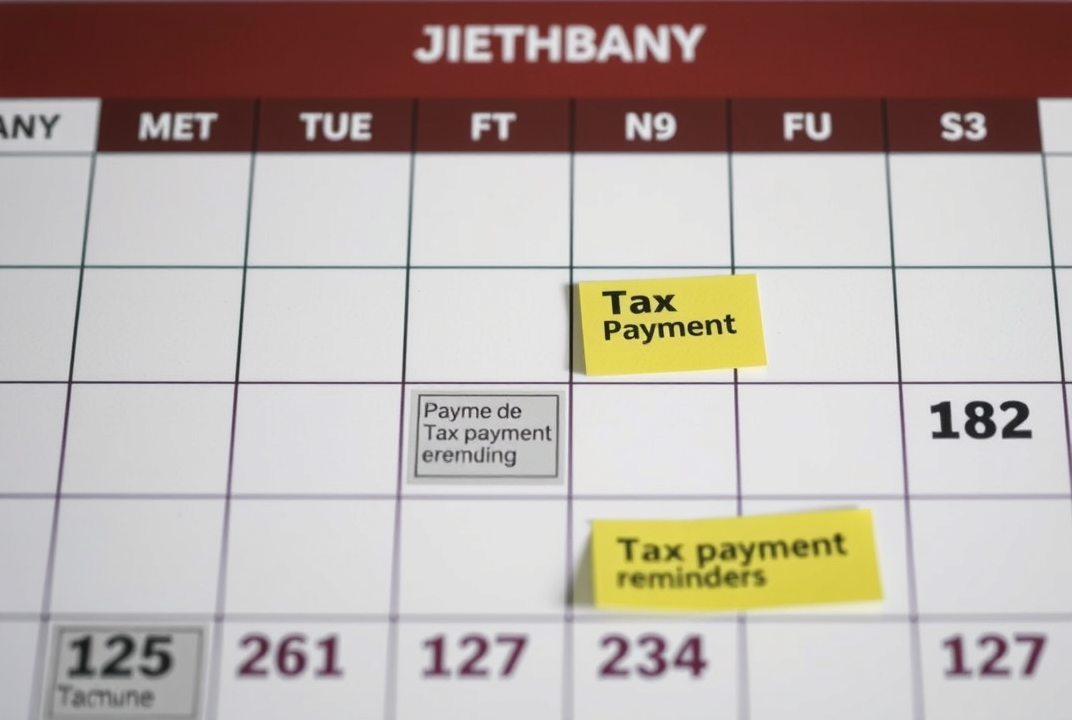Maximizing Your Gig Income: Essential Tax Tips for Deductions and Credits

Navigating the Gig Economy: The Financial Jungle
Did you know that nearly half of the gig workers struggle to identify the deductions they're entitled to? If you're one of them, you're not alone! The gig economy has brought flexibility but also comes with its own financial challenges. Let's decipher the path together.
In this guide, you'll discover actionable tax tips specifically for gig workers. We'll explore maximizing deductions and credits, ensuring you keep more of what you earn. Ready to dive in?
Understanding the Gig Work Environment
First things first – what does it mean to be a gig worker? Whether you're driving for a ride-share company, freelancing as a writer, or delivering food, you're part of a growing segment that's redefining work as we know it. But what about taxes?
Navigating this world means understanding self-employment taxation. The tax landscape is different here. You've got to think of yourself not just as an employee but as a business.
Track Every Expense
Why obsess over tracking every little expense? Because every dollar could be a tax deduction! From mileage and home office expenses to software subscriptions, keeping meticulous records is your pathway to savings.
Use tools like QuickBooks or spreadsheets; it doesn’t need to be fancy, but it needs to be consistent. Think of it as laying the foundation for the financial stability of your gig business.

Maximize Your Deductions: What Can You Claim?
Fact: Many gig workers miss out on deductions simply because they don’t know what they can claim. Ever considered deducting your cell phone bill? If it's used for work purposes, it might be deductible.
Some Common Deductions Include:
-
Home Office Deduction: A percentage of your home expenses if you work from home.
-
Mileage: Keep a log of all mileage covered for business purposes.
-
Education and Training: Investing in skills? Deduct those training costs.
Always keep proof! No receipt? No deduction!
Understanding Tax Credits
While deductions reduce your taxable income, credits reduce the tax you owe. Imagine it as a direct payback. Some gig workers overlook credits, but these could mean significant savings.
Consider These Credits:
-
Earned Income Tax Credit (EITC): Qualify and watch your refund grow.
-
Retirement Savings Contribution Credit: If you're investing in retirement, this is for you.
Schedule C: Your New Best Friend
Filing taxes as a gig worker might seem daunting, but it all begins with Schedule C. This form is your tool for reporting income and claiming deductions.
Get familiar with it. Think of Schedule C as the highlight reel of your gig economy journey.
Plan for Self-Employment Taxes
With every gig payment, Uncle Sam expects his share. Gig workers must pay both income tax and self-employment tax. What's self-employment tax? It's your Social Security and Medicare contribution.
Consider setting aside 25-30% of your income to cover these taxes. Automate it if you can. Out of sight, out of mind.

Avoid Common Pitfalls: Mistakes and Myths
How often have you heard that you don't need to pay taxes if your side gig doesn't earn much? FALSE! Income is income, and it's all reportable.
Mistakes like failing to report all income or double-dipping on deductions can lead to IRS scrutiny. Stay honest and stay organized to keep the tax man at bay.
The Gig Workers’ Secret Weapon: A Tax Professional
When in doubt, consult a tax professional who knows the ins and outs of gig economy taxation. The cost of a professional could be the most lucrative investment in your gig business.
Bringing It All Together: Your Tax Action Plan
Armed with this knowledge, it's time to take control. Action tip: Develop a system to track expenses, understand your deductions and credits, and consult with professionals to ensure you're fully informed.
Your goal is simple – keep more of what you earn. Why wait? Start implementing these strategies today, and watch your savings grow.

